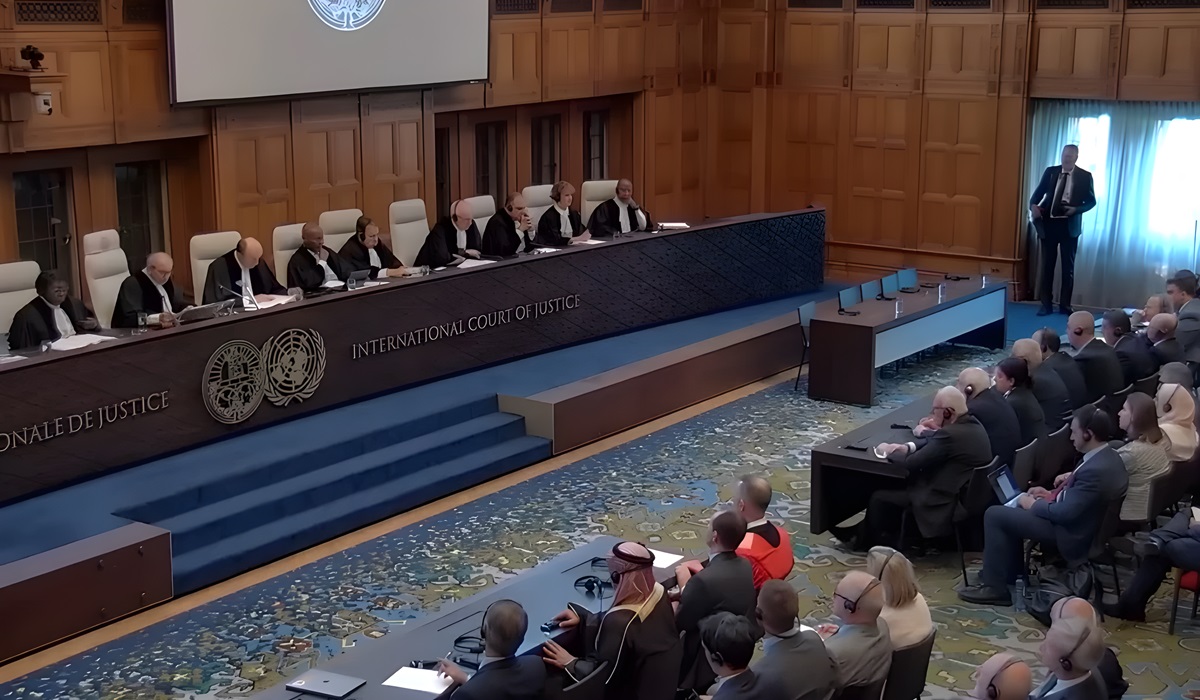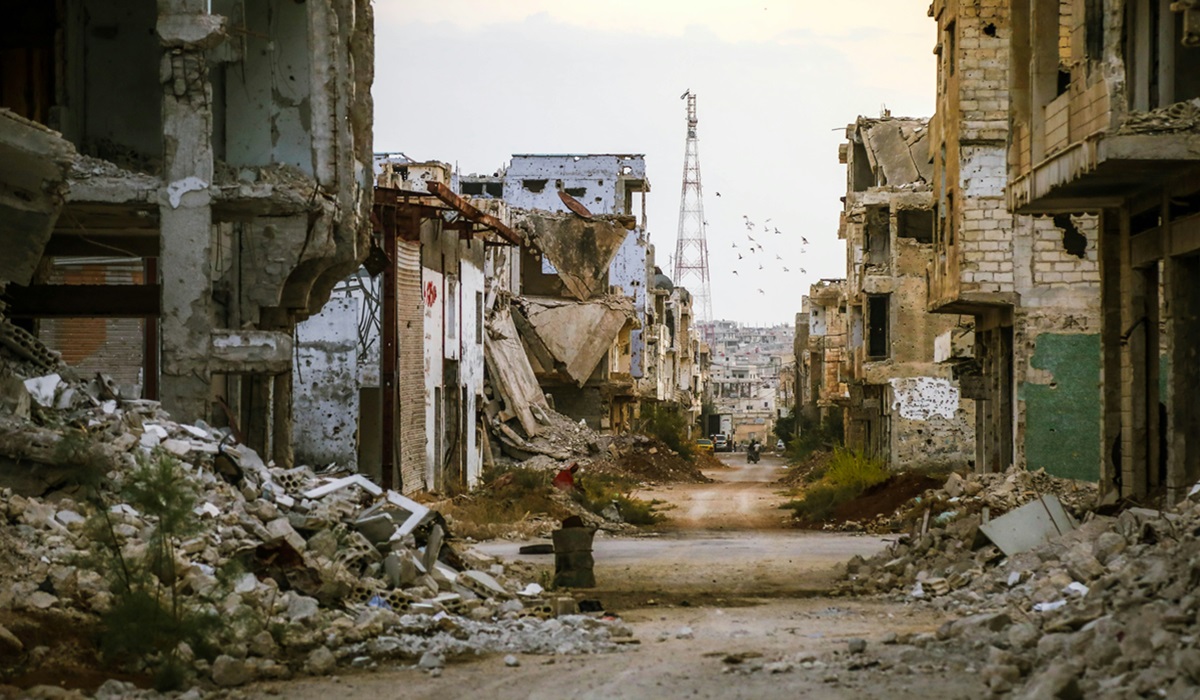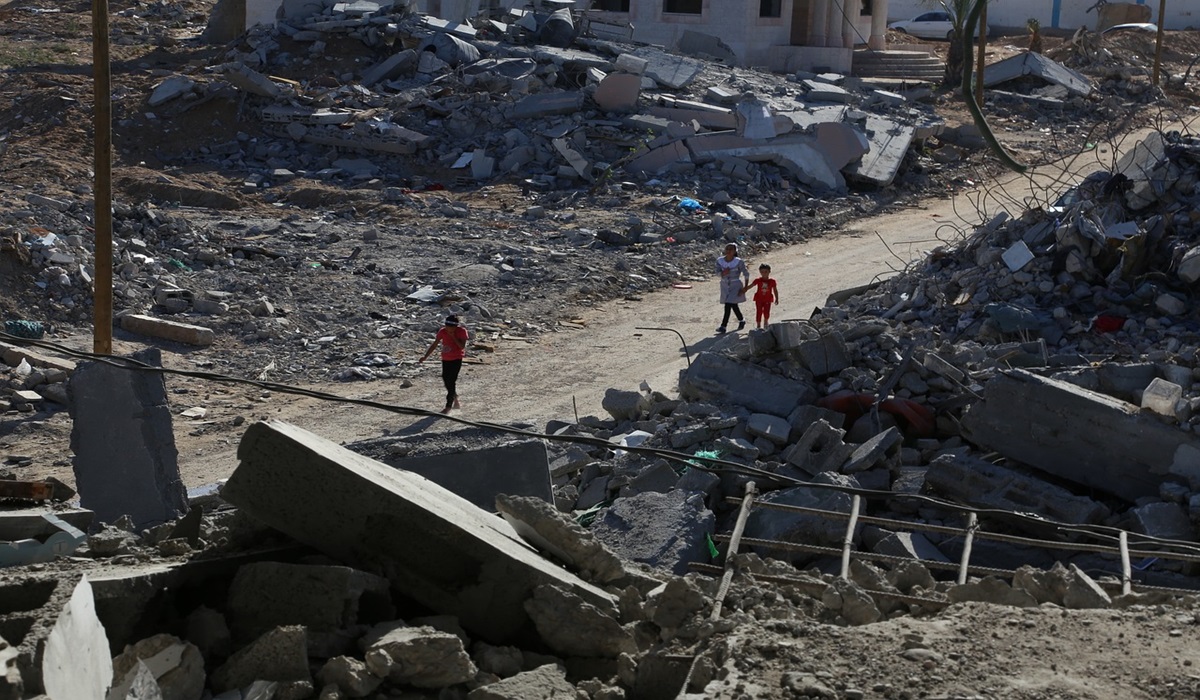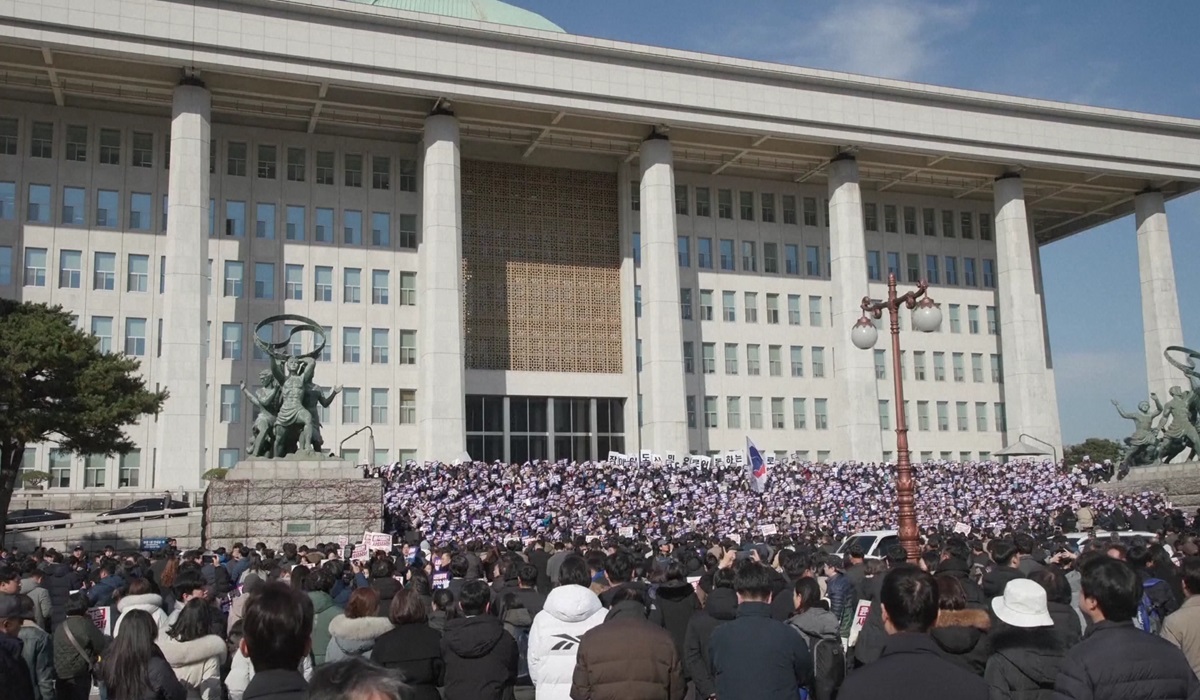The Long Shadow of 1967: ICJ’s Ruling on Israel’s Occupation and Global Implications
- Naomi Dela Cruz
- Breaking News
- July 20, 2024

The International Court of Justice (ICJ) has ruled that Israel is an occupying state, specifically finding that Israel has violated Article 3 of the Convention on the Elimination of All Forms of Racial Discrimination. Article 3 explicitly condemns racial segregation and apartheid, stating that all parties must prevent, prohibit, and eradicate all practices of this nature in territories under their jurisdiction. The ICJ’s ruling highlights that Israel’s actions in the occupied Palestinian territories amount to racial segregation and apartheid.
This unanimous ruling, with a vote of 11 to 4, is not a new development. The international community has long recognized and condemned Israel’s occupation of Palestinian territories, which began with the Six-Day War in 1967. For decades, organizations like Human Rights Watch, the United Nations, and other credible bodies have labeled Israel’s policies and practices in these territories as apartheid.
The court’s verdict goes further, stating that Israel must remove itself from the occupied territories, rebuild, repatriate, and compensate those affected by its actions. Despite this, Israeli Prime Minister Benjamin Netanyahu has dismissed the ruling as a sham, asserting that these territories rightfully belong to Israel.
Despite this longstanding consensus, the United States has often taken a different stance. While it disagrees with labeling Israel as an apartheid state, it has acknowledged that the expansion of illegal settlements must be halted. This nuanced position highlights the complex and often contradictory nature of U.S. foreign policy in the region.
In contrast, other world leaders have embraced the ICJ’s ruling. Kuwait’s Ministry of Foreign Affairs called on the international community to fulfill its “legal, political, and moral duties” to support the Palestinian people in their quest for an independent state and to end the aggression against Gaza. Similarly, Indonesia urged the United Nations General Assembly and Security Council to consider appropriate measures to terminate Israel’s unlawful presence in Palestine. Iceland unequivocally endorsed the ICJ’s Advisory Opinion, stating that the continued Israeli occupation of the West Bank and East Jerusalem, along with its settlement activities, is illegal. Iceland has called on Israel to cease all actions that violate international law.
Although the court’s rulings are non-binding, they carry significant moral and legal weight. The pressing question now is whether the global elite will choose to abide by international law or apply it selectively when convenient. This also raises a broader issue: What is the use of having a court when the majority of the world’s nations have signed on to its authority, yet its rulings are non-binding? This dilemma underscores the need for reforms to make ICJ rulings binding. However, such changes would require significant international consensus and possibly amendments to the ICJ’s founding statutes, which is a complex and politically fraught process. Whether this is possible remains an open question.
This ruling comes amid reports that the ICJ may issue arrest warrants for Israeli Prime Minister Benjamin Netanyahu and former Defense Minister Yoav Gallant. These warrants, if issued before Netanyahu’s planned trip to the U.S. to address Congress, could profoundly impact his travel plans. He might be restricted from stopping in certain countries and have to alter his flight routes to avoid potential arrest.
The potential issuance of these arrest warrants underscores the increasing international scrutiny of Israeli actions in the occupied territories. It also raises significant questions about the enforcement of international law and the willingness of world leaders to hold powerful states accountable. The implications of the ICJ’s ruling and any subsequent legal actions could reverberate far beyond the Middle East, influencing global geopolitics and the future of international justice.








